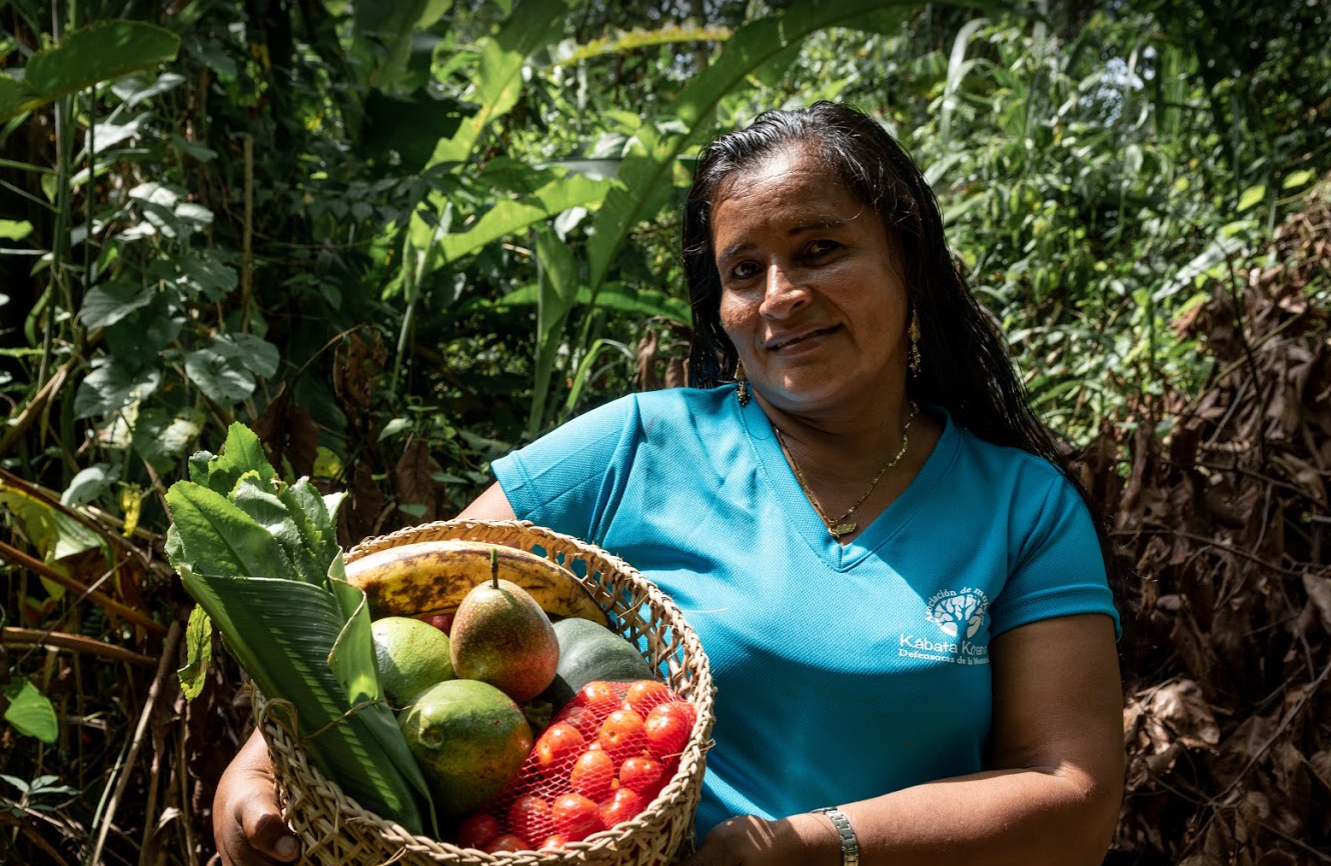
Combining traditional knowledge and social media to ensure food security during a pandemic, the Asociación de Mujeres Indígenas del Territorio Cabécar Kábata Könana, in Costa Rica, is a model for community resilience to climate change and other external shocks
New York - The UN Development Programme (UNDP) and partners announce the winners of the 12th Equator Prize, recognizing local and Indigenous communities from around the world. The winning organizations showcase local, innovative, nature-based solutions for tackling biodiversity loss and climate change, and achieving their local development goals even during a pandemic.
Equator Prize winners demonstrate the benefits of placing Indigenous and local communities' knowledge and practices of nature-based solutions at the heart of local development. At a time when we are facing an unprecedented planetary crisis, it is essential to showcase actions that restore our sustainable food systems, mitigate climate change and protect nature - all while also contributing to green recovery from the pandemic.
"We need a profound transformation in our economic and development models that will drive forward the protection and restoration of our natural world," said UNDP Administrator, Achim Steiner. "This year's Equator Prize winners demonstrate that this transformation is already happening across the globe -- their incredible nature-based solutions provide a blueprint to solve our planetary emergency. This year's winners exemplify the kinds of changes we need now, and they provide us with inspiration to follow in their footsteps. We are grateful to the Government of Norway for its generous support to the Equator Prize 2021."
This year's winners include locally-led cooperatives marketing sustainably harvested fruits and organically grown crops as an alternative to logging and poaching in forest reserves; an Indigenous group fighting to protect their ancestral territory from oil exploitation; a local organization protecting critical wetland ecosystems, helping mitigate climate change while safeguarding water sources for hundreds of communities; and a grassroots advocacy group promoting a transition to organic agriculture based on traditional practices, leading to a government commitment to organic-only food production country-wide within a decade.
This is the first time the Equator Prize has been awarded to a group from Kyrgyzstan. Winners are also based in Brazil, Bolivia, Cameroon, Costa Rica, Ecuador, India, Niger and Mexico. Looking ahead to the post-2020 Global Biodiversity Framework, the winners exemplify what actions can be taken now to protect, restore and sustainably manage crucial ecosystems and biodiversity for the future of people and planet.
Equator Prize winners will receive US$10,000 and the opportunity to take part in a series of special virtual events associated with the UN General Assembly, the Nature for Life Hub and the UN Food Systems Summit later this year. They will join a network of 255 communities from over 80 countries that have received the Equator Prize since its inception in 2002.
The winners were selected from a pool of over 600 nominations from 126 countries by an independent Technical Advisory Committee of internationally renowned experts. The selection was based on community-based approaches that provide a blueprint for replicating and scaling solutions to address our biodiversity crisis. For example, the Fiji Locally Managed Marine Area Network (Equator Prize 2002) has seen their model of locally managed marine areas expand first throughout the Pacific, and now on other continents. The Kayonza Growers Tea Factory in Uganda (Equator Prize 2015) has secured a loan for the construction of a satellite factory to keep up with the success of the tea growers cooperative.






